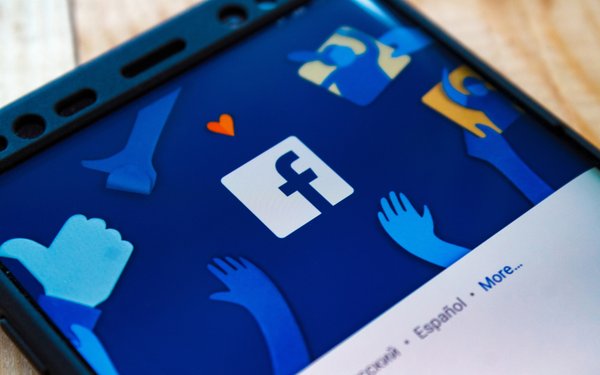
Earlier this year,
Facebook removed 70 accounts it said were controlled by the
Internet Research Agency, a Kremlin-backed company that engages in online influence operations for the Russian government.
Now, one of those accounts, the Russian “Federal Agency of
News” or FAN, has sued Facebook over the takedown.
“Facebook, while claiming to protect the public from 'fake news,' is actually engaging in censorship and denying FAN
subscribers access to a legitimate news organization,” the Russian company alleges in a lawsuit filed this week in the Northern District of California. “Facebook seeks to dictate
news content based upon its own political view point, thereby attempting to influence the public media coverage of internal political events in the Russian Federation.”
advertisement
advertisement
FAN's claims
include an allegation that Facebook violated the First Amendment. The lawsuit seeks monetary damages and an injunction requiring the social-networking platform to restore FAN content.
The
Russian company acknowledges in its complaint that its accountant -- Elena Alekseevna Khusyaynova -- is under indictment for conspiring to manipulate elections in the U.S. But FAN
argues that Khusyaynova is merely a bookkeeper who doesn't play a role in editorial decisions.
(Last month, the Department of Justice alleged that Khusyaynova managed the finances of
“Project Lakhta” -- an initiative that aims to sow discord in the U.S.)
“FAN is a legitimate news organization that adheres to journalistic standards in its
publications,” the company writes.
Regardless of FAN's claims of legitimacy, its lawsuit will likely be dismissed, according to Santa Clara University law professor Eric Goldman.
“The lawsuit's going to fail because Facebook is not a state actor, and the complaint does nothing to convince us otherwise,” Goldman says.
The First Amendment prohibits
“state actors” -- meaning the government -- from censoring speech based on its content. But the First Amendment doesn't stop private companies like Facebook from deciding what content to
allow on their platforms.
Facebook and Google have both prevailed in other lawsuits over content removals.
For instance, Facebook defeated a lawsuit brought by the nonprofit advocacy organization Sikhs for
Justice, which alleged in a 2015 lawsuit that Facebook violated anti-discrimination laws by blocking the organization's page in India. Google recently prevailed in a lawsuit brought by Prager University, which alleged the
tech company discriminated against conservative clips on YouTube.